From electronics to vegetables, BNPL (Bonus Payments) permeates every essential expenditure.
Amidst the bleak economic landscape of the US in 2025, a consumer trend is emerging strongly and causing much debate: the explosion of "buy now, pay later" (BNPL) services.
Beyond simply splitting payments for large-screen TVs or new sofas, BNPL is now becoming a temporary lifeline for many Americans facing high bills for food, groceries, and other basic living expenses.
A recent study from marketing firm PartnerCentric has painted a remarkable picture: more than half of the US population (52%) admit to using BNPL services.
Alarmingly, this trend is particularly prevalent among young people – who are considered the future backbone of the economy – with 59% of Gen Z and 58% of millennials relying on short-term installment payments.
This number shows no sign of stopping. According to PartnerCentric, 35% of those surveyed plan to rely more on BNPLs this year, and this percentage has skyrocketed to an astonishing 65% for Gen Z.
Initially, BNPLs were designed as a flexible financing solution for relatively high-value items, typically $250 or more, such as electronics, furniture, or household appliances. However, the harsh reality of persistent inflation and high interest rates is putting consumers in a difficult position.
A survey by PartnerCentric revealed a thought-provoking statistic: 31% of users admitted to having to use BNPLs to purchase daily food items – the most essential goods for survival.
Another survey from LendingTree further reinforces this bleak picture, indicating that the percentage of people using BNPLs to buy food has skyrocketed to 25%, nearly double the 14% just a year earlier.

More and more Americans are using BNPLs to buy daily groceries – the most essential items for survival (Photo: AP).
Matt Schulz, a credit analyst at LendingTree, bluntly told Newsweek: "The increasing use of BNPLs by consumers for small things like food... is further evidence that inflation, high interest rates, and economic uncertainty continue to erode the finances of American households."
The initial convenience of splitting payments appears to be eroding into a stopgap solution, masking deeper financial difficulties.
BNPL: A budget management tool or a sophisticated debt trap?
The rapid rise of BNPLs has sparked intense debate. Service providers like Klarna promote BNPLs as a smart, transparent budget management tool that helps users control spending without the complex credit checks or the exorbitant interest rates associated with traditional credit cards.
Stephanie Harris, CEO of PartnerCentric, agrees with this view, stating that "the rise of BNPLs is not simply about convenience, but about control. Consumers are seeking financial tools that fit the pace and pressures of modern life." She emphasizes that brands offering BNPLs demonstrates understanding and empowerment for their customers.
However, from the perspective of many financial and economic experts, the picture is not so rosy. They warn that the popularity of BNPLs, especially when used for small, frequent expenses, may be a sign of declining personal financial literacy and a clear indication that the wallets of the American middle class are being severely depleted by economic pressures.
Personal finance expert George Kamel likens BNPL to "a new kind of credit card, but without the card," and warns that using this method to order food means Americans are "eating in debt – spread out over four installments."
The recent partnership between giant BNPL Klarna and food delivery app DoorDash has further fueled concerns. Many economists view it as an alarming sign about the health of the economy. Gary Hufbauer, a respected economist, even called the deal "a barometer of real desperation," implying that people are struggling to the point of needing to pay for meals delivered to their homes in installments.
These concerns are not unfounded. American consumer confidence in the economy is declining sharply. The latest survey from The Conference Board shows that confidence in April fell for the fifth consecutive month, with expectations for the future dropping to their lowest level in 13 years.
Chief economist Stephanie Guichard from The Conference Board said: "The main reason is the decline in consumer expectations. The outlook for future earnings has turned negative for the first time in five years, indicating that economic anxieties are spreading to personal finances."
The "ghost" of recession and the uncertain future of the US economy.
Amid plummeting consumer confidence and increasing reliance on short-term loans like BNPLs to cover basic expenses, the specter of recession is growing ever more apparent. While the Trump administration and some policymakers are attempting to reassure the public, many independent economists are issuing worrying warnings.
David Rosenberg, founder of Rosenberg Research, argues that uncertainty, particularly unpredictable tariff policies, is making both consumers and businesses more cautious about spending.
He warned that tariffs would first reduce real income, leading to a drop in spending, which currently accounts for nearly 70% of US GDP. When incomes fall, the misuse of credit forms like BNPLs, even interest-free ones, still poses risks if users don't manage their spending well and fall into a debt spiral.
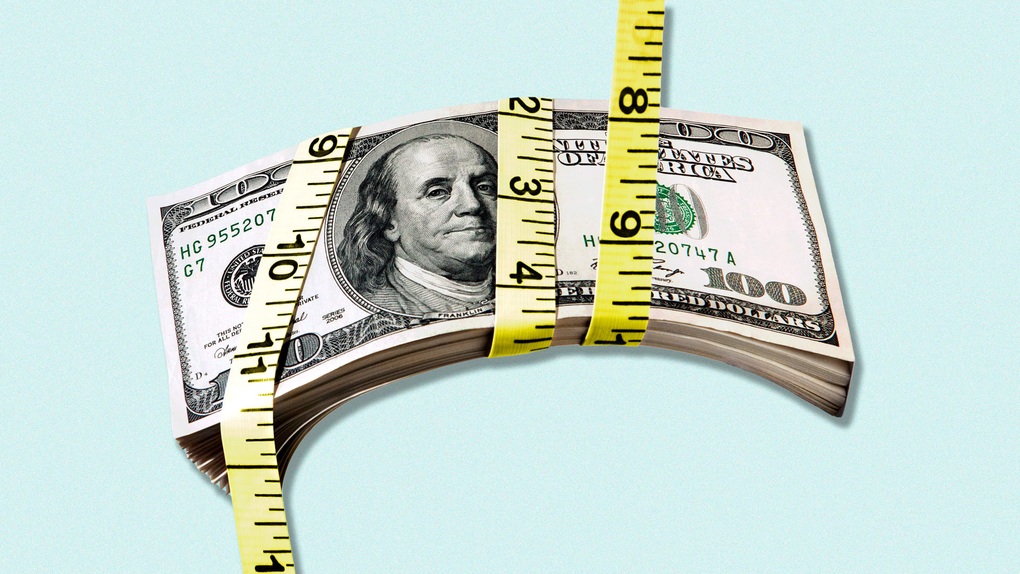
The specter of a US economic recession is becoming increasingly apparent as consumer confidence plummets and people increasingly rely on short-term loans like BNPLs to cover basic expenses (Photo: Getty).
A recent Reuters survey found that about 60% of economists polled rated the risk of a US economic recession in 2025 as "high" to "very high". The increasing reliance on BNPLs for daily necessities could be seen as an early indicator of serious economic problems.
In a statement, Klarna recommended that Americans prioritize debit cards for everyday expenses and only use interest-free BNPLs "for a few truly necessary occasions" as a way to build a healthier financial future. However, the actual data tells a different story, with more and more people being forced to use BNPLs for even their grocery shopping.
Will BNPLs continue to be a useful financial tool, empowering consumers as their providers claim? Or are they merely a glamorous facade masking a simmering personal financial crisis, a sign that the world's number one economy is nearing the brink of recession?
The answer remains open, but one thing is certain: how Americans use BNPL in the coming months will be a key indicator of the true health of the economy and the resilience of the population to headwinds.
Source: https://dantri.com.vn/kinh-doanh/nguoi-my-tra-gop-ca-nhu-yeu-pham-khung-hoang-dang-toi-gan-20250512175601911.htm





![[Photo] Prime Minister Pham Minh Chinh holds a phone call with the CEO of Russia's Rosatom Corporation.](/_next/image?url=https%3A%2F%2Fvphoto.vietnam.vn%2Fthumb%2F1200x675%2Fvietnam%2Fresource%2FIMAGE%2F2025%2F12%2F11%2F1765464552365_dsc-5295-jpg.webp&w=3840&q=75)
![[Photo] Closing Ceremony of the 10th Session of the 15th National Assembly](/_next/image?url=https%3A%2F%2Fvphoto.vietnam.vn%2Fthumb%2F1200x675%2Fvietnam%2Fresource%2FIMAGE%2F2025%2F12%2F11%2F1765448959967_image-1437-jpg.webp&w=3840&q=75)










































![[OFFICIAL] MISA GROUP ANNOUNCES ITS PIONEERING BRAND POSITIONING IN BUILDING AGENTIC AI FOR BUSINESSES, HOUSEHOLDS, AND THE GOVERNMENT](https://vphoto.vietnam.vn/thumb/402x226/vietnam/resource/IMAGE/2025/12/11/1765444754256_agentic-ai_postfb-scaled.png)












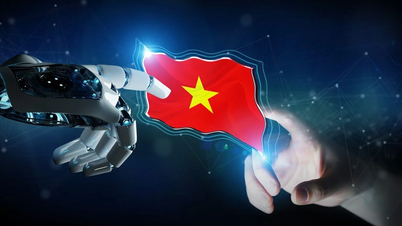

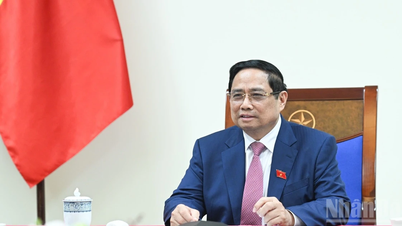

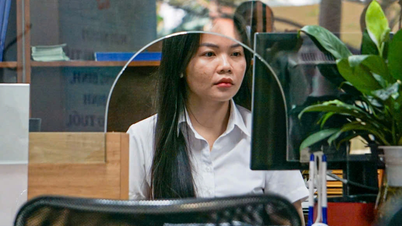
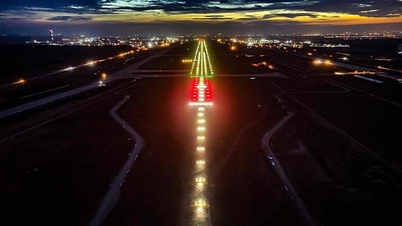





































Comment (0)